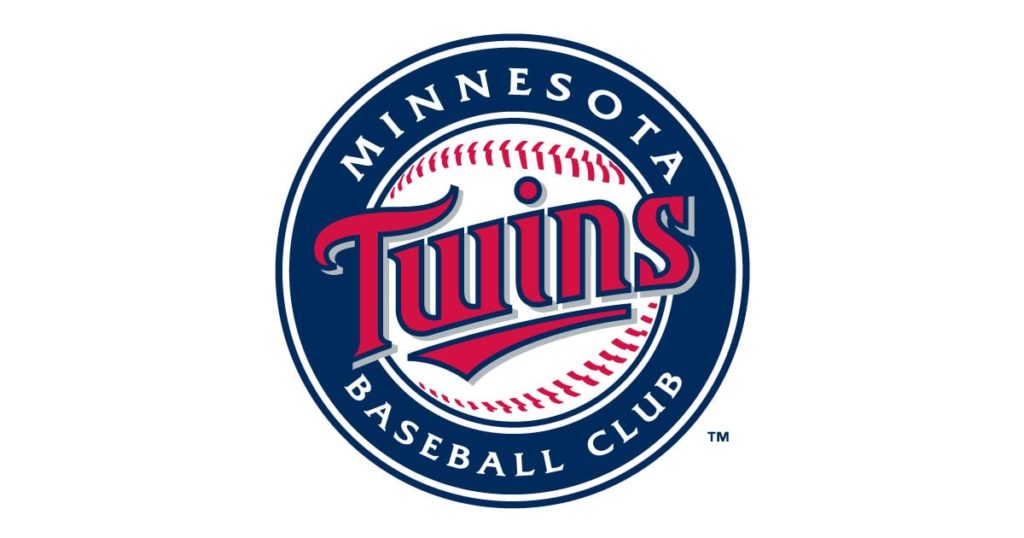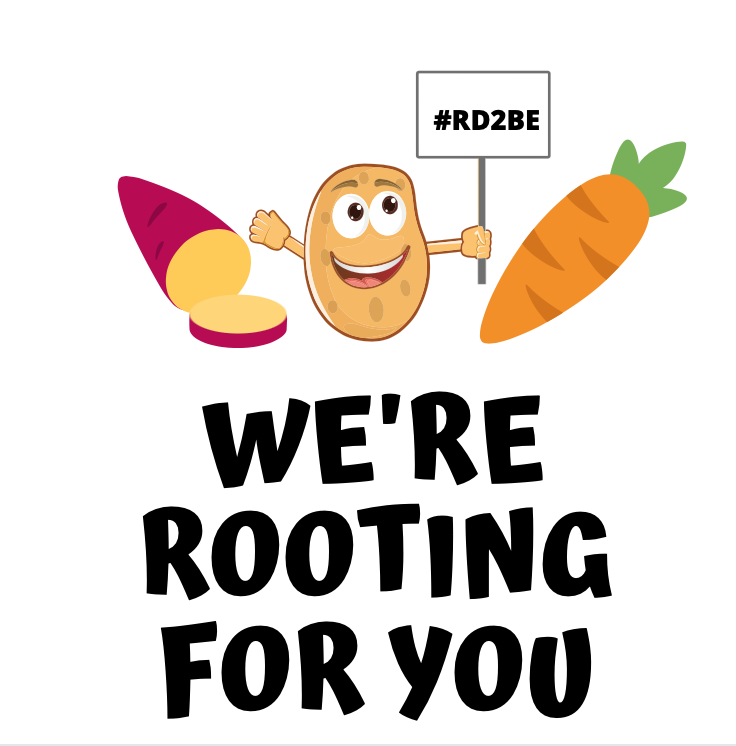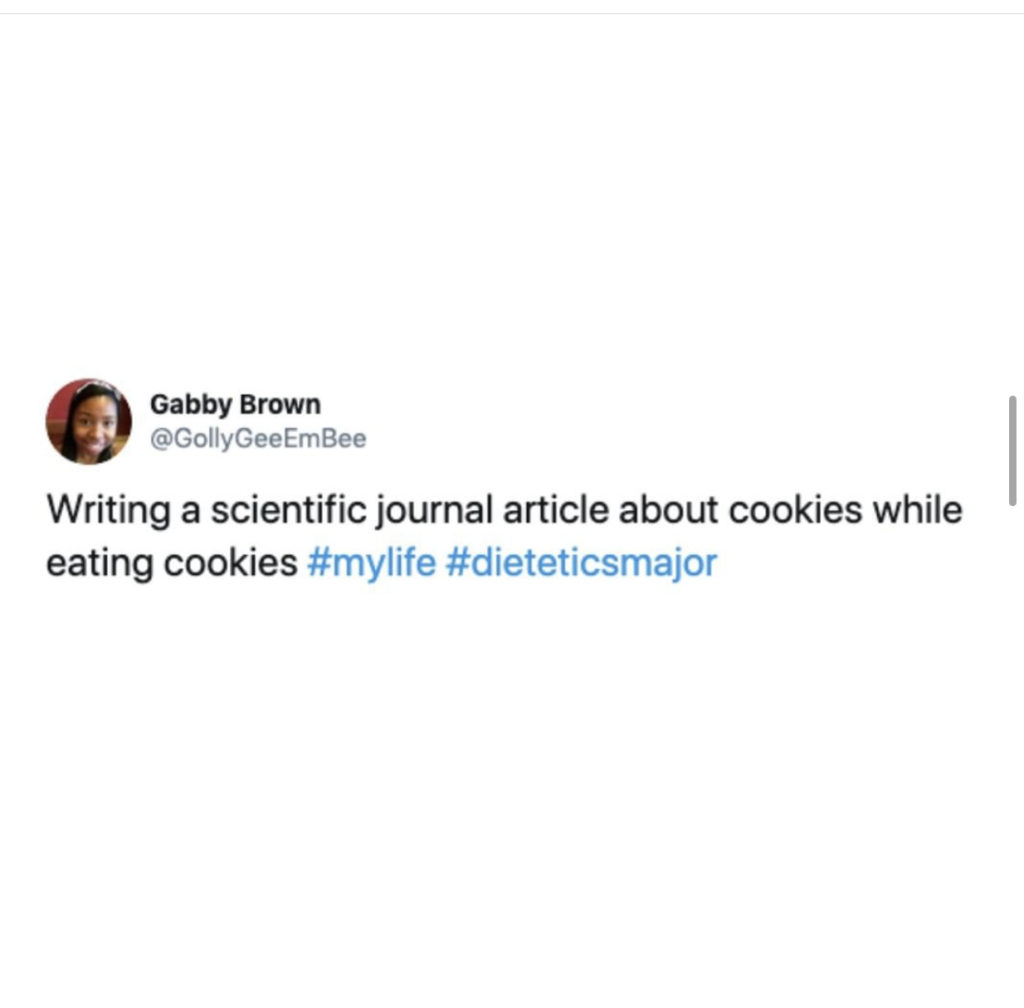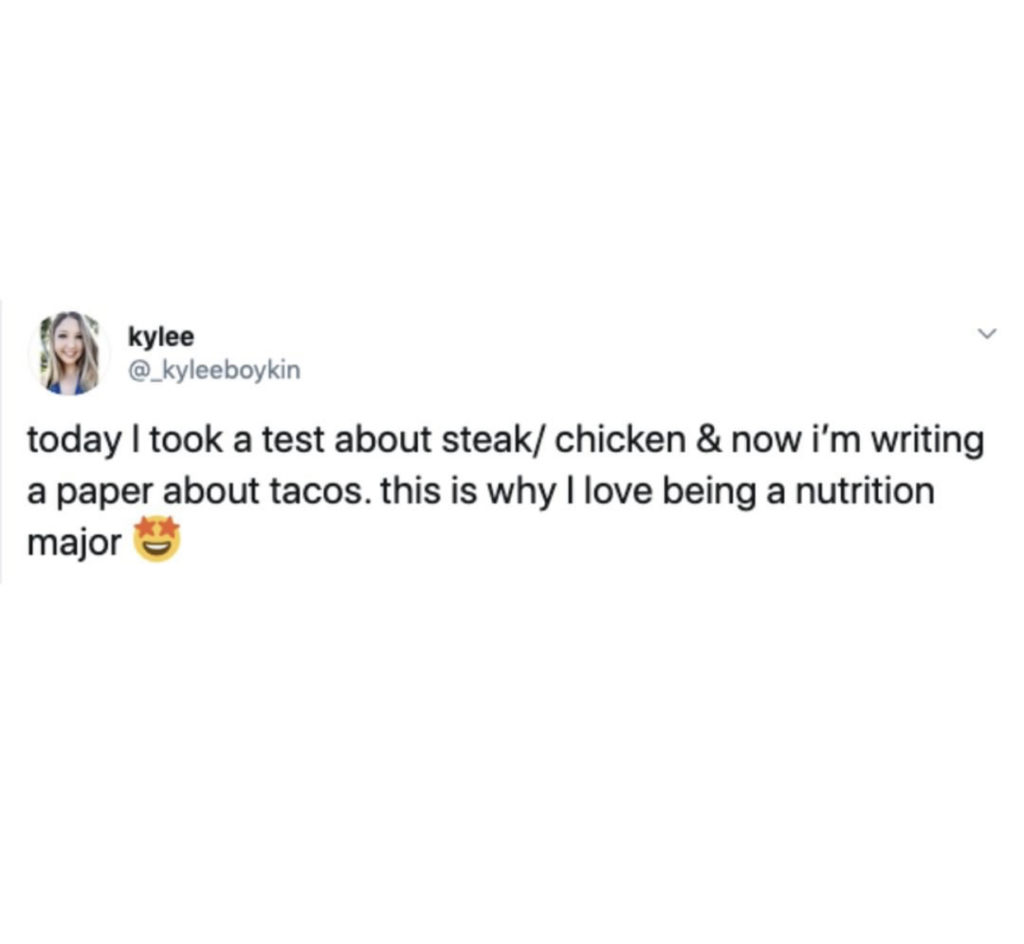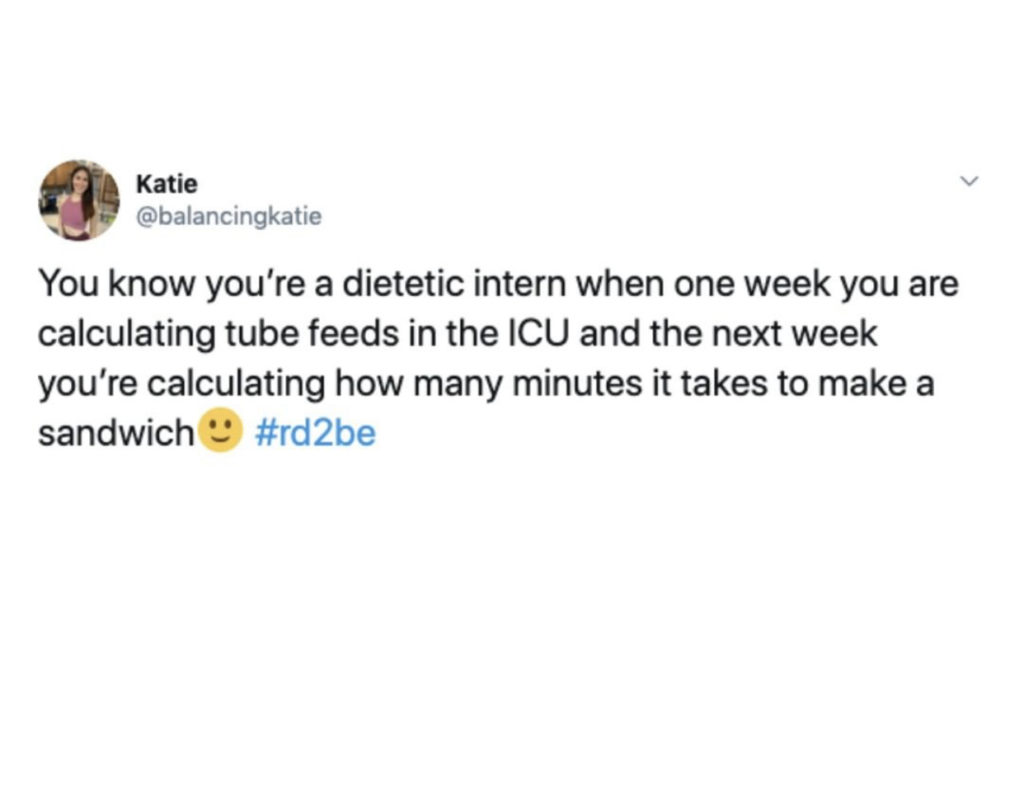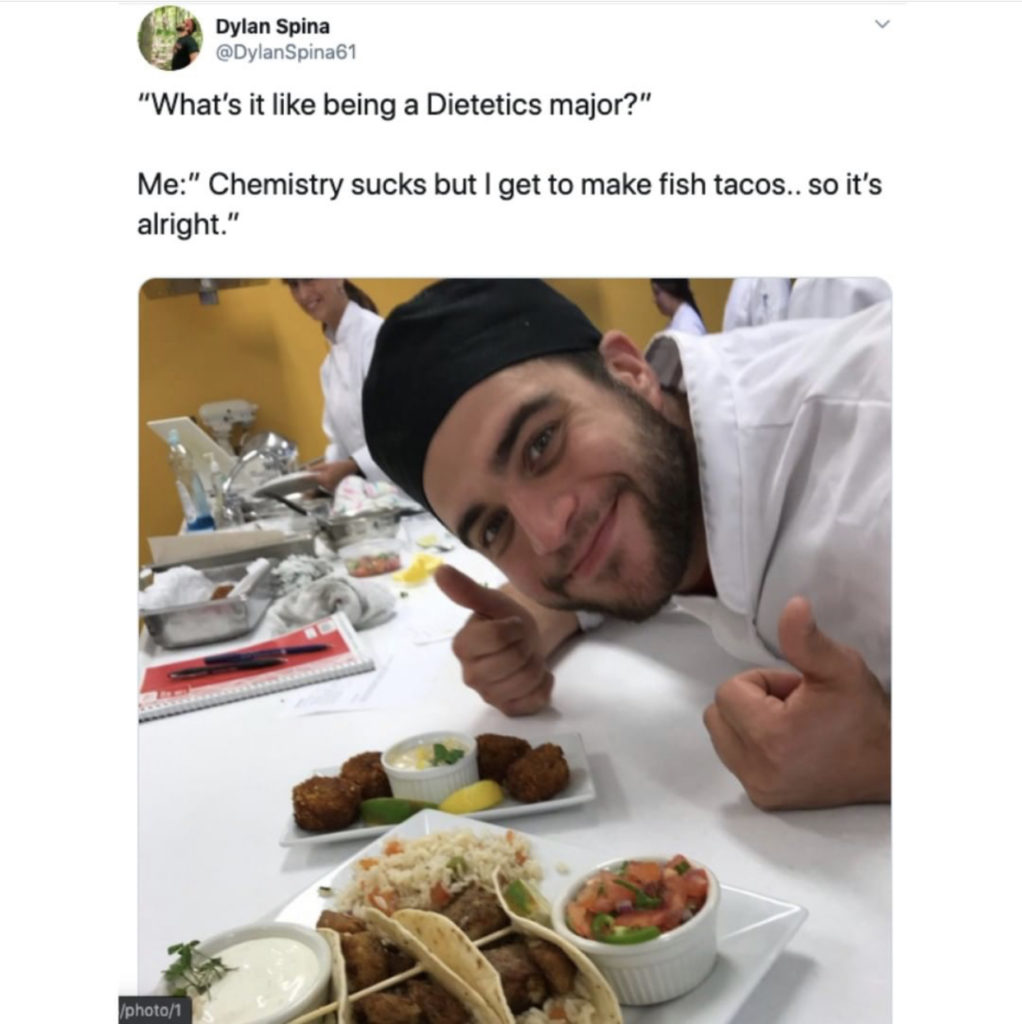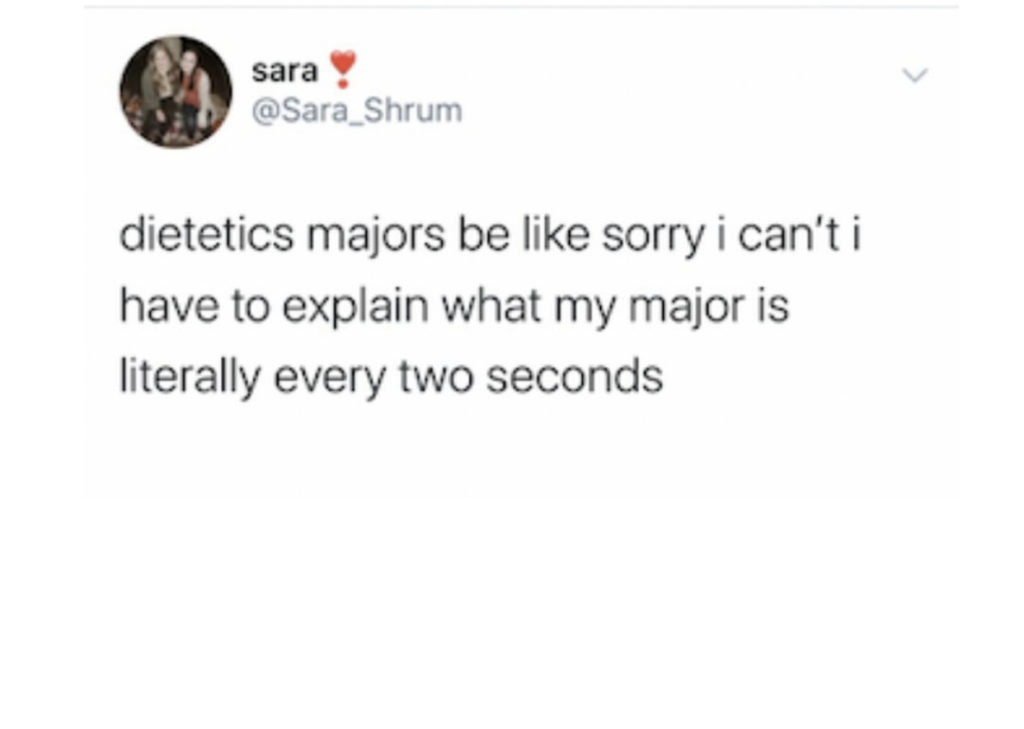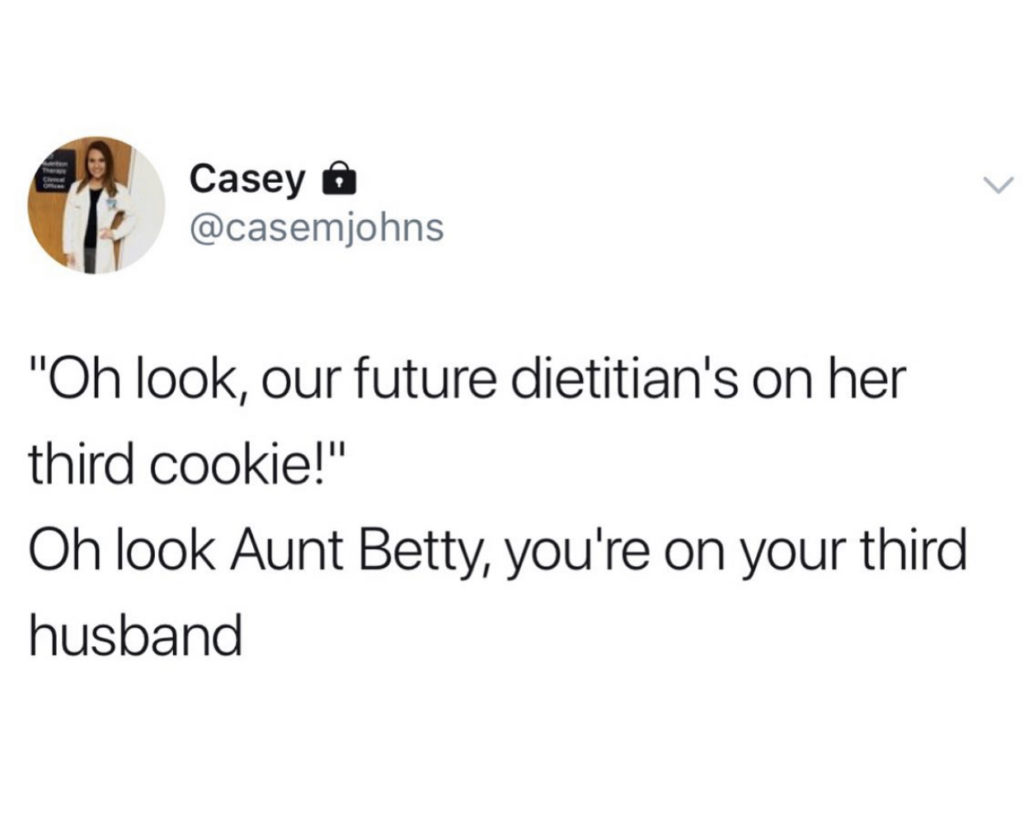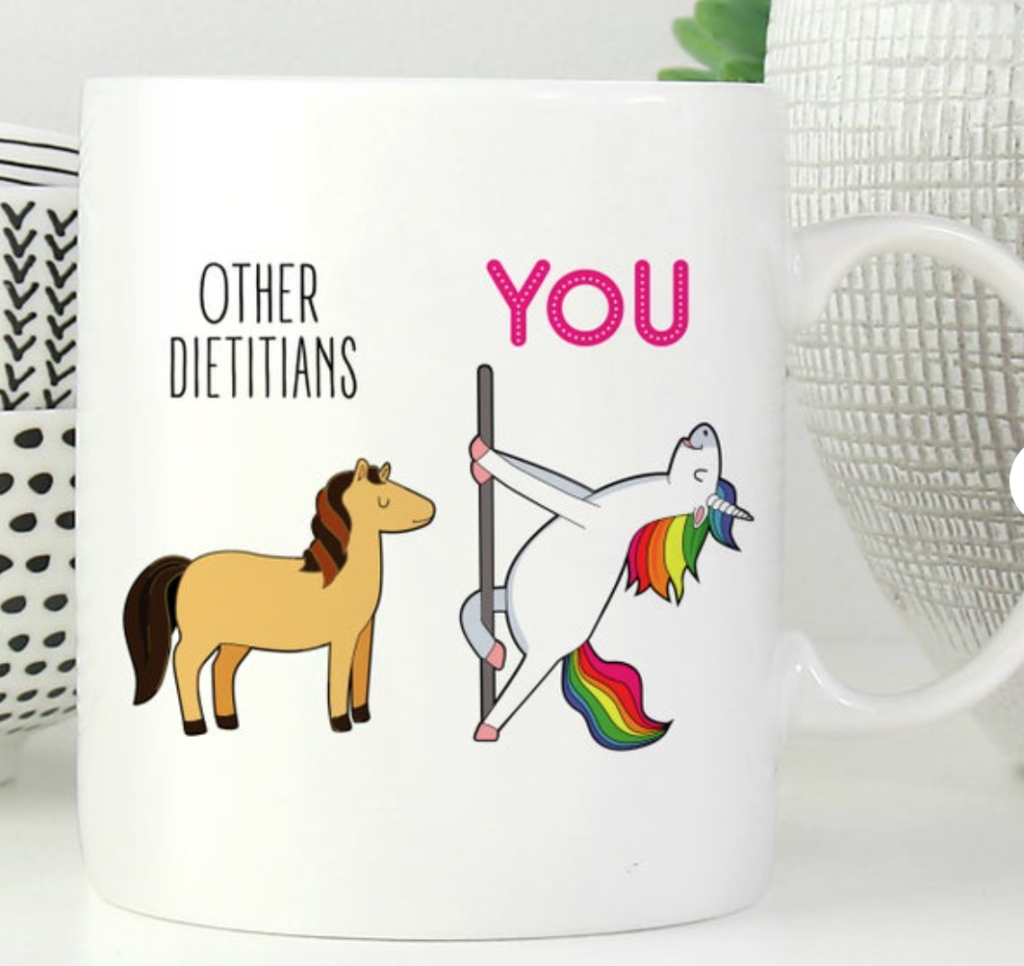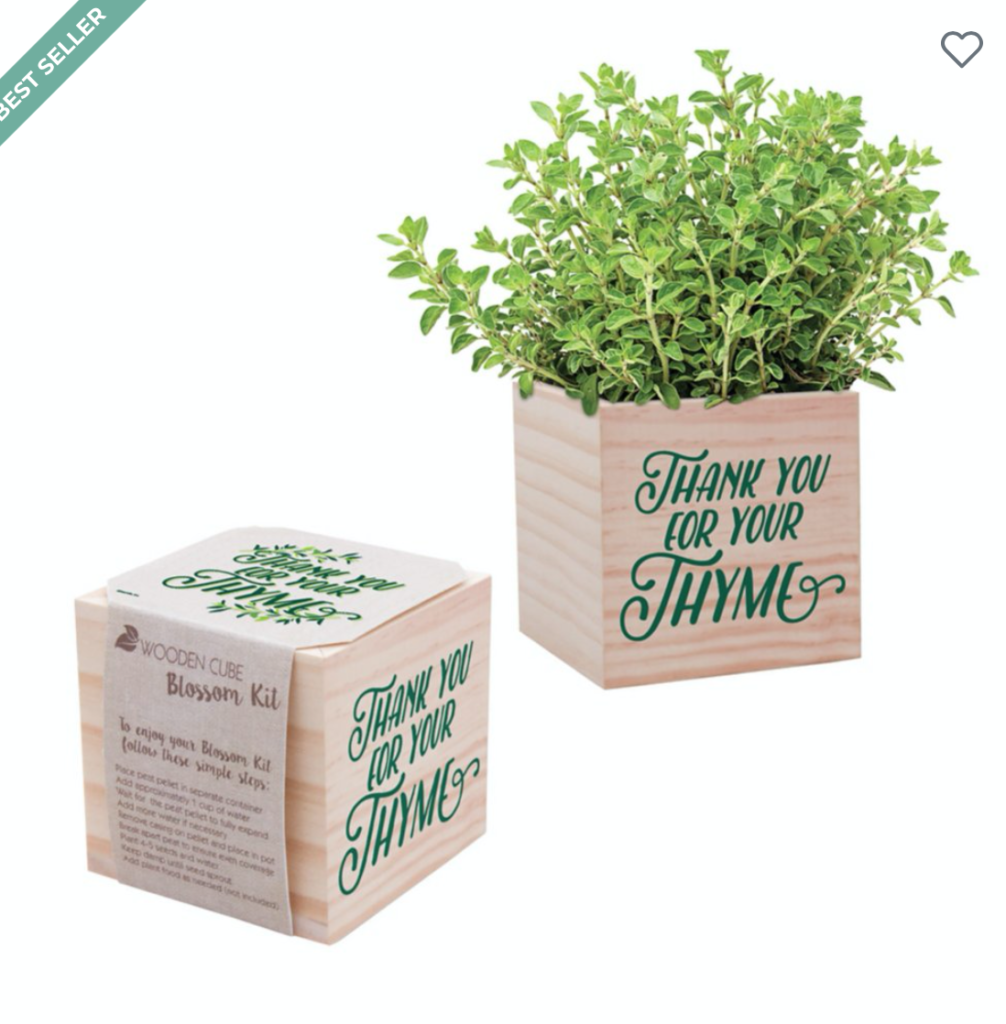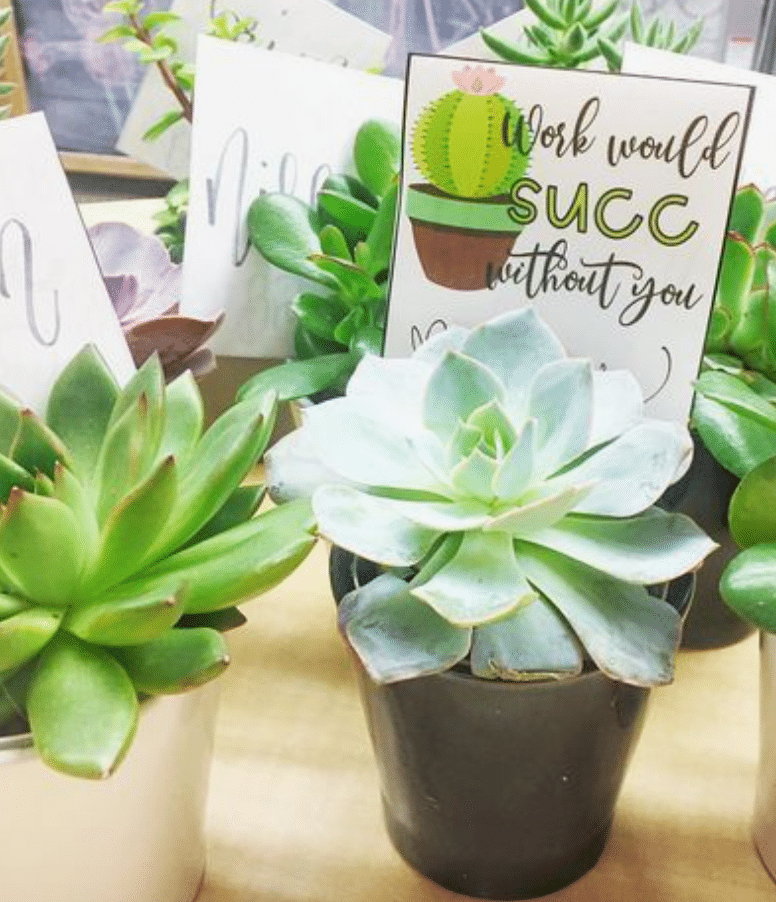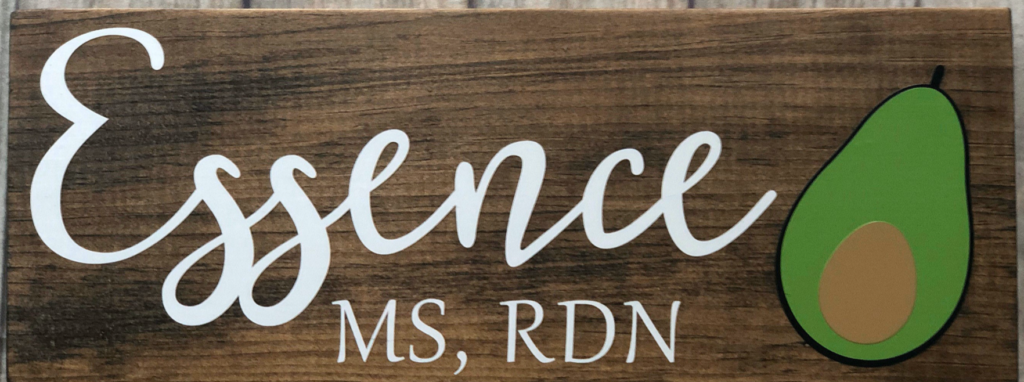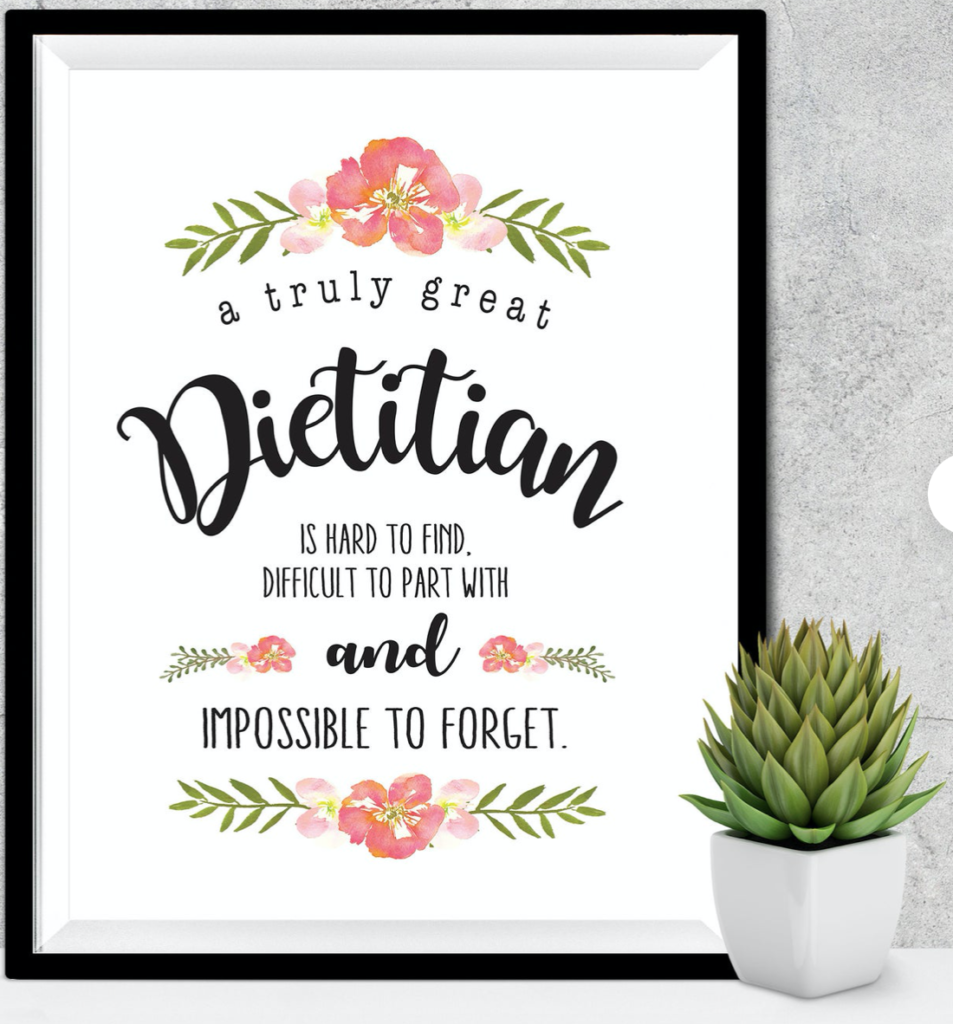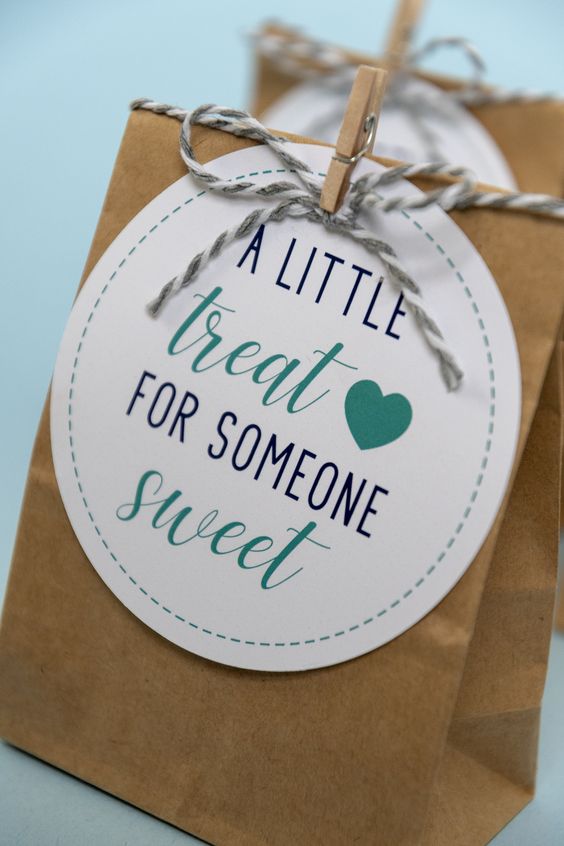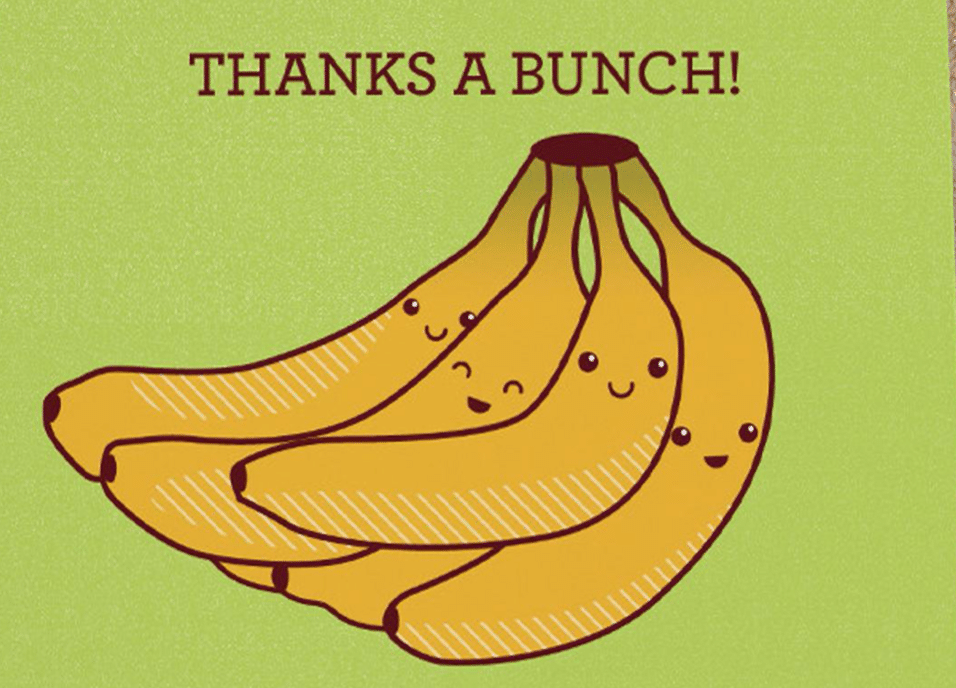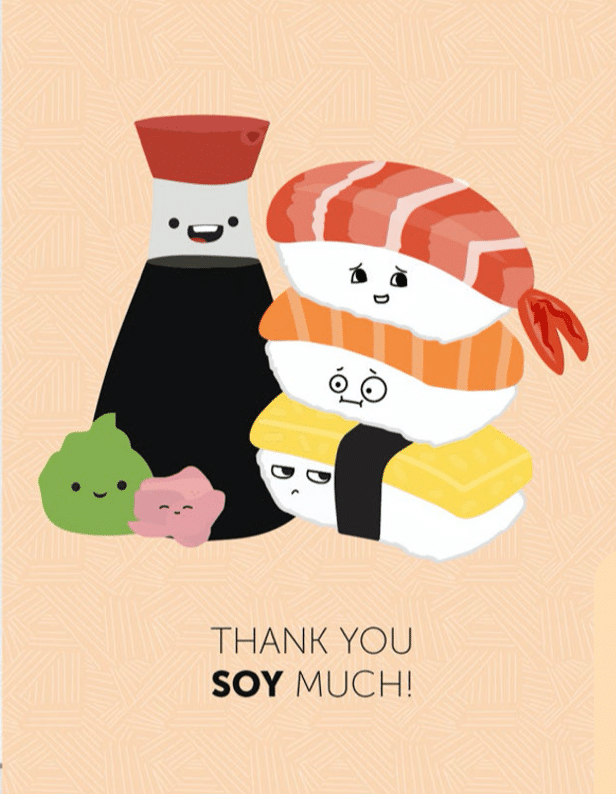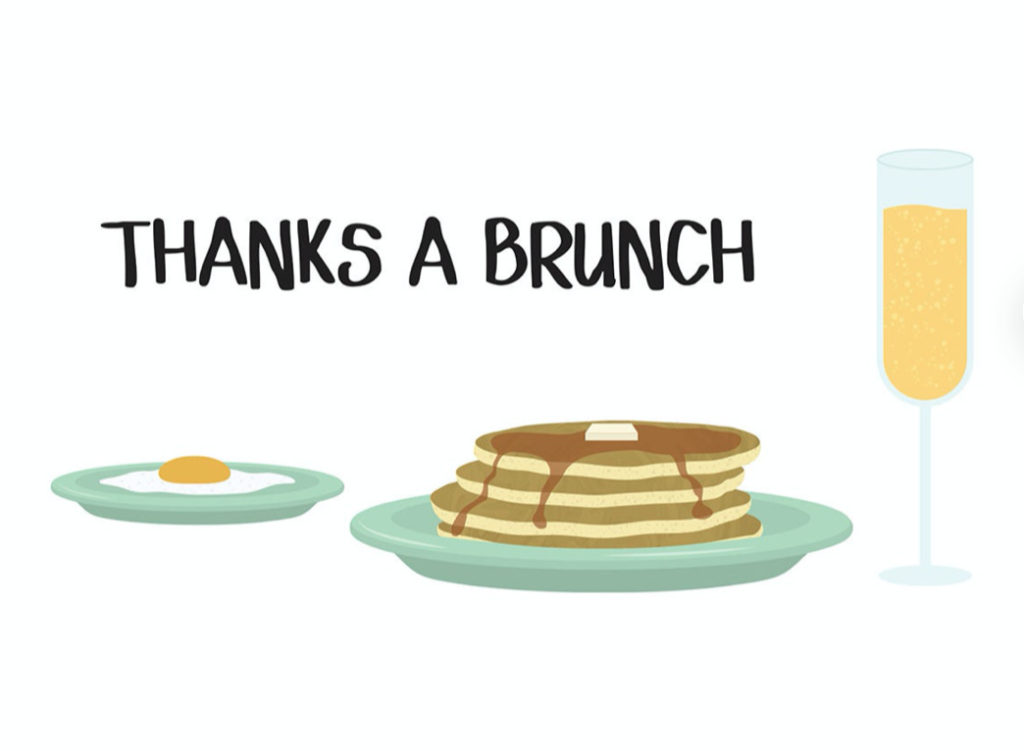What I Learned At My First Nutrition Conference
- 1 Comment
- by Emily Hulse
Attending your first nutrition and dietetics conference is an important and exciting step in becoming a Registered Dietitian.
I remember it well- the nervousness, intimidation, and the restless night before. I spent hours picking out the perfect outfit, double-checking my purse for a notepad, and packing two pens. Most importantly, I remember stepping in the doors and attending my first nutrition conference. This experience provided some critical takeaways.
R.D’s love food- a lot
This may seem obvious, but it sunk in the first hour of my conference. While I was too nervous to eat breakfast, R.D’s around me strolled in with coffee, homemade smoothies, and snacks. I expected a stuffy room of strict professionals, but most attendees enjoyed a snack or beverage throughout the day.
You will hear excellent presentations…
Sometimes, it can feel like you are all alone in your homework and textbooks. But when you finally sit in a room of like-minded, passionate individuals, you will be reminded differently. You will engage in presentations about things you didn’t realize were a part of the nutrition and dietetics scope. You will hear presentations that inspire you, terrify you, and validate your passion for this field.
… And some not-so-great presentations, too
Not everyone is a performer. Just like your food science presentations in class, some dietitians aren’t great presenters. Regardless, hearing imperfect presentations may help you feel a little less intimidated at a big event like a nutrition conference. This reminds you that RDs are people, too, just like you.
Dietitians love to mingle.
While presentations are a large part of a nutrition conference, socializing is, too. Dietitians live for small breaks throughout the day to get to know each other more. While some of the attendees may be your professors or classmates, others may be gathering research about lentils or working with eating disorder patients. Whatever the case may be, you will meet a variety of R.D’s who do just about everything. When you find someone who stands out to you, make sure to make a lasting impression. You never know where mingling with a few R.D.N.s will take you!
You may feel overwhelmed.
During and after my first nutrition conference, I felt a lot of confusion. I was confused not only about the content of some presentations but about myself, too. Connecting with R.D’s taught me that nutrition is a wide-open field. Finding your population, role, and niche in nutrition takes time, which many students haven’t quite figured out. By attending conferences, you are one step closer to learning what your place is.
My first nutrition conference exhausted me. I was physically tired from being nervous about the little things like my hair and outfit. But mentally, my first nutrition conference excited me. It inspired me to head back to my classrooms and study harder, gain external experience through research and volunteering, and ultimately communicate with those all around me and connect over a passion for this field. Your first nutrition conference will be something you will never forget, and I know it will be an experience to push you forward.
P.S. What was your first nutrition conference? If you haven’t attended one, check out FNCE for a great place to start!
P.P.S. Are you applying to dietetic internships? Join the Get Matched Course to find clarity and confidence in your application and land the dietetic internship of your dream!




